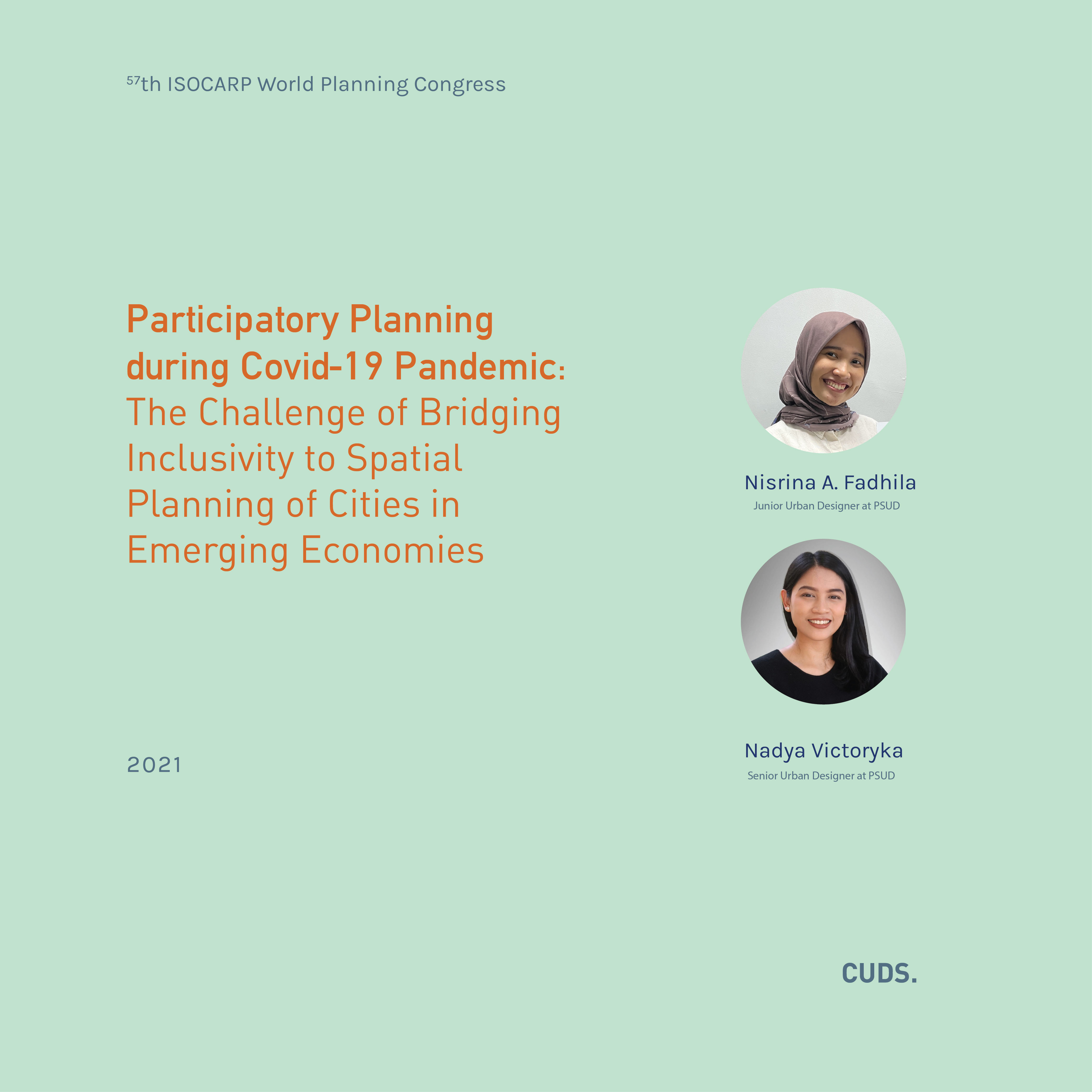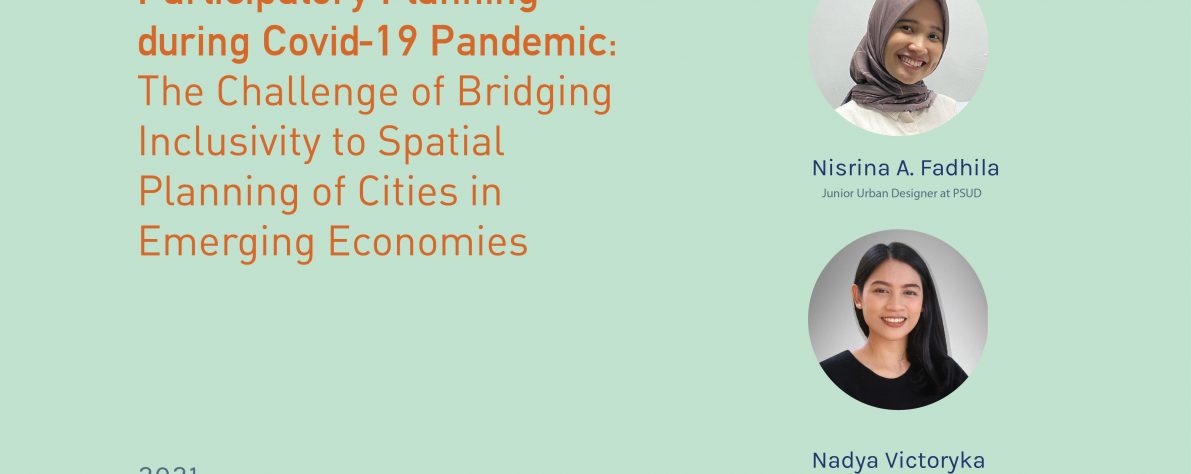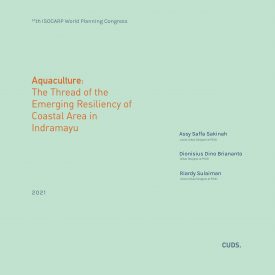
Participatory Planning during Covid-19 Pandemic: The Challenge of Bridging Inclusivity to Spatial Planning of Cities in Emerging Economies
- Location Balongan, Indramayu, West Java, Indonesia
- Client N/A
- Type Publications
- Size N/A
- Awards N/A
Author: Nisrina A Fadhila, Nadya Victoryka
Presented in: 57th ISOCARP World Planning Congress
Year: 2021
Indonesia is experiencing rapid economic growth in recent years, with significant infrastructure development as one of the priorities of the government. Due to its large size and population, the social and economic conditions may differ from one region to another. The local community is the most affected group from the spatial planning as part of the infrastructure development. Emphasizing the close involvement of the affected local communities, participatory planning holds critical value in the process of spatial planning. However, some challenges persisted in the varied level of participation as a consequence of different socio-economic background, education level, and language, among others. The current pandemic has undoubtedly exacerbated these challenges due to the limited direct interaction required to take place while there is also limited mobilization and use of digital technology in remote areas. These issues caused the public participation in spatial planning to be less optimal and hinder the inclusivity of the local community within the planning process. This report assesses the participatory planning conducted in one of Indonesia’s Mid-term National Development Plan, which is Balongan Industrial Area, to gauge the extent of the scheme to be regarded as successful.
Access the full paper here



